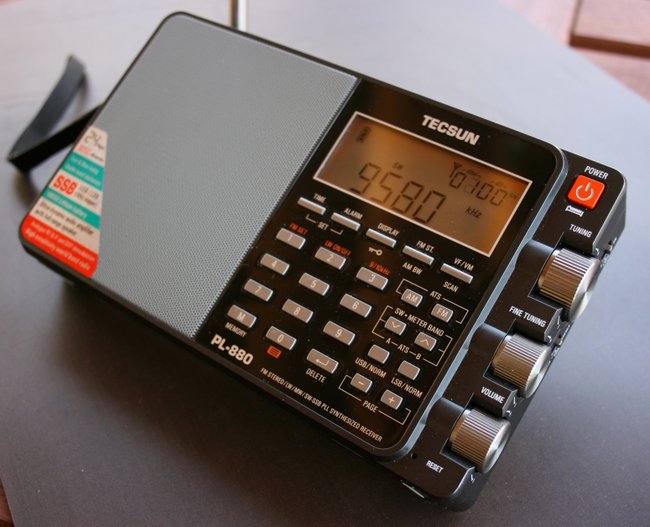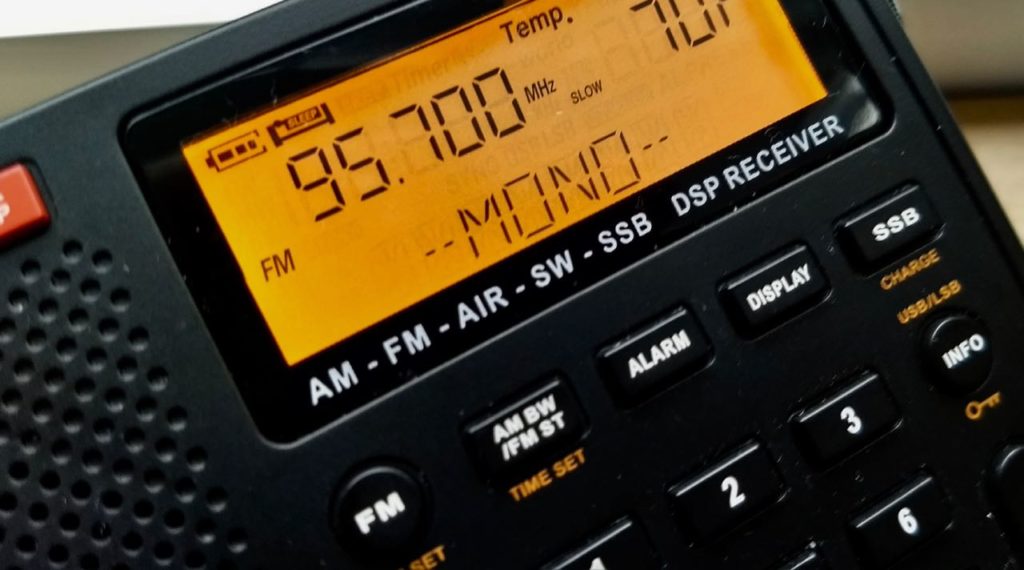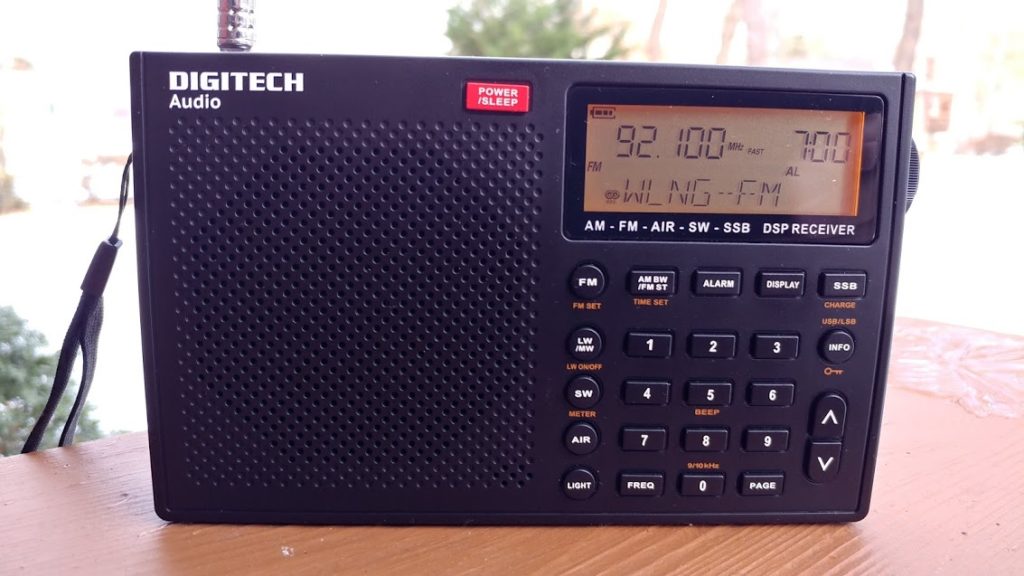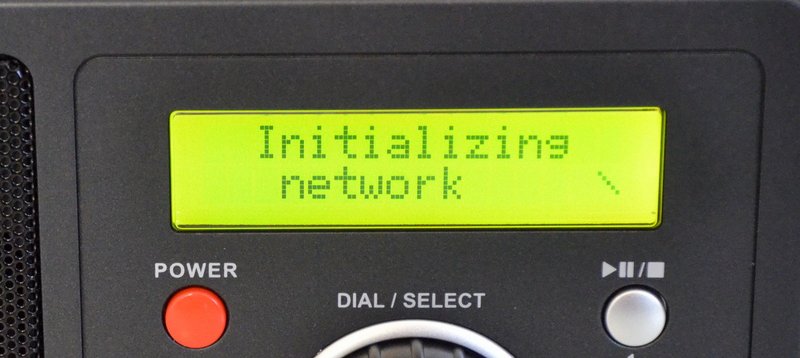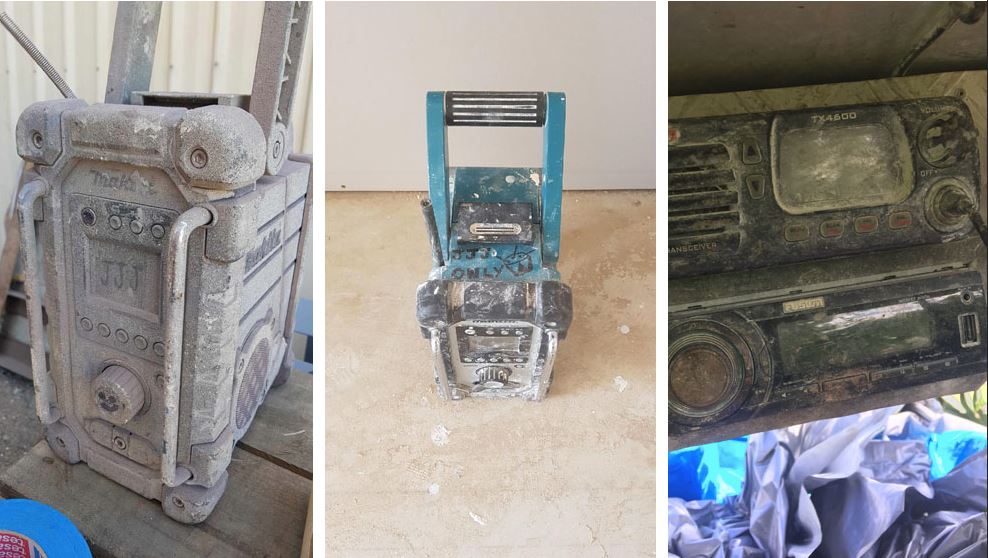(Source: Australian Strategic Policy Institute via William Lee)
Australia gropes and stutters towards a renewed embrace of international broadcasting—the vital need to ‘speak for ourselves’ in the Asia–Pacific.
The latest lurch towards fresh understanding is the silent release of the review of Australia’s media reach in the Asia–Pacific. Note the irony that a report on broadcasting is soundless on arrival.
Behold a classic orphan inquiry, not wanted by either the government or the Australian Broadcasting Corporation, nor particularly desired by the public service. The orphan was created as part of the price to win a Senate vote, and is dumped on the public doorstep without a word of welcome.
The review was completed last December but only released (published on the Department of Communications website) on 17 October. No announcement. No government decisions.
The inquiry matters because it nods towards significant policy failure and the absent-minded trashing of Oz international broadcasting.[…]

